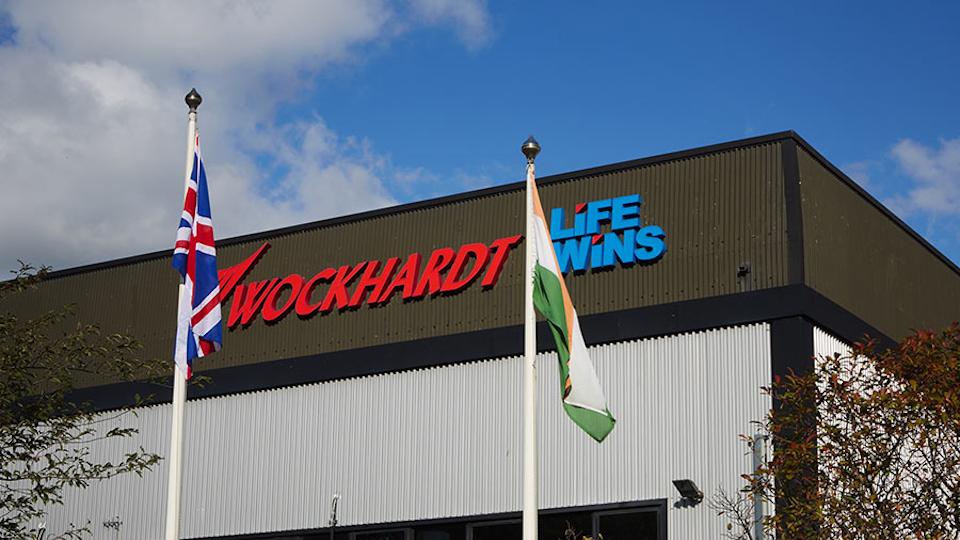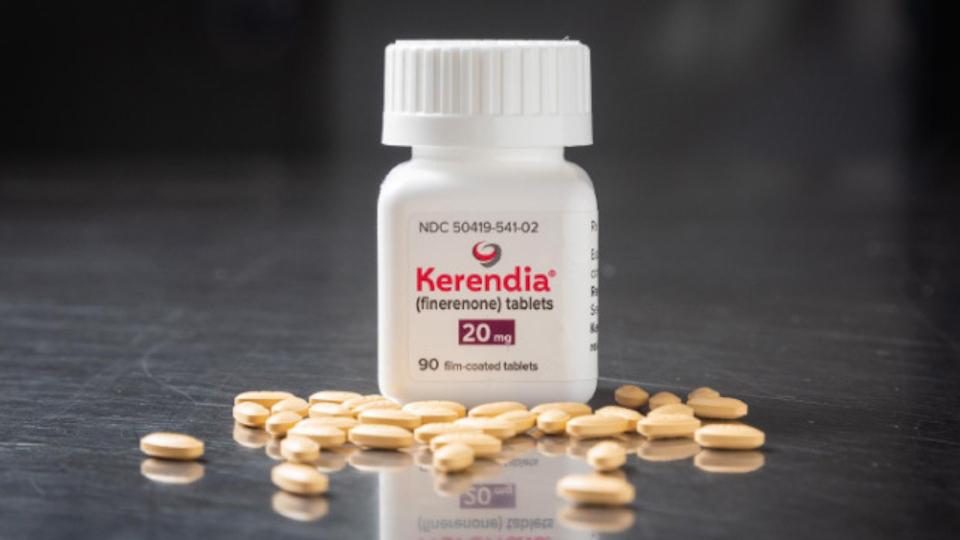Bayer CEO confident firm can cope with Xarelto hit

Bayer chief executive Bill Anderson has said that newer product launches have offset the decline in sales of anticoagulant Xarelto in the first quarter, and he is confident that this will continue through 2025 as a whole.
Xarelto (rivaroxaban) fell nearly a third to €633 million ($703 million) from €926 million a year ago as generic competition took hold in Europe and Japan, although license revenues for the US – where it is sold as Johnson & Johnson – were up ahead of a patent expiry in the US this month.
A strong performance by prostate cancer therapy Nubeqa (darolutamide) and chronic kidney disease therapy Kerendia (finerenone) softened the blow, rising 78% to €515 million and 87% to €161 million, respectively, according to Bayer's financial update.
Meanwhile, blockbuster eye drug Eylea grew nearly 5% to €815 million thanks to a new high-dose formulation that reduces the number of injections needed into the eye.
"We know the Xarelto declines will weigh heavily on our top and bottom line over the remainder of the year, but we're equally confident in the momentum of our launches and the fundamentals of our business," said Anderson, who has previously said that 2025 will be the toughest year for his ongoing turnaround plan for the group.
Bayer would have raised its guidance on pharma sales for the year, he added, but decided to keep them as they are, given the "uncertainty around tariffs" that may be imposed by the US administration.
The pharma sector is still waiting to see whether President Donald Trump will follow through on suggestions that he will impose sector-specific tariffs on imports into the US of pharmaceutical products, which are currently exempt from levies.
Anderson is expecting pharma sales to dip around 1% for the full year compared to the €18.1 billion posted in 2024, at the top end of its -4% to -1% predicted range.
Later this year, Bayer will be looking for good news on the rollout of Beyonttra (acoramidis), recently approved for the treatment of life-threatening heart disorder transthyretin amyloidosis cardiomyopathy (ATTR-CM), and is also expecting the first launches for elinzanetant, a non-hormonal treatment for menopausal symptoms, which is also being developed for breast cancer.
Anderson also provided an update on Bayer's sweeping cost-reduction programme, aimed at stripping out layers of management, noting that its headcount had been reduced by around 2,000 in the first three months of the year. That takes the total reduction to around 11,000 since the policy was first introduced in mid-2023.













